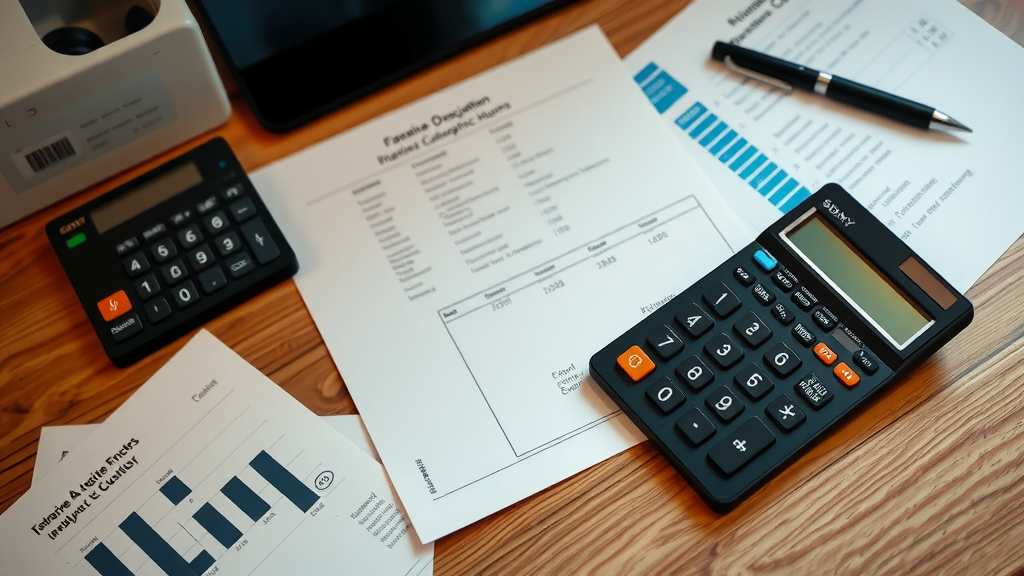Surplus Income During Bankruptcy
What to Expect
surplus income, bankruptcy, British Columbia
If you have extra cash after your bankruptcy period in Canada, you’ll need to increase payments to your trustee. The government sets a standard based on your income to determine what counts as surplus income. Missing these extra payments can prolong your bankruptcy beyond the usual nine to twenty-one months.

Extra payments on surplus income during Canadian bankruptcy.
Question
What happens if I have surplus income at the end of bankruptcy?
I want to know what I need to do if I still owe surplus income when my bankruptcy period ends.
From: Anonymous, British Columbia (BC)
Answer
If you find yourself with some extra cash at the end of your bankruptcy period in Canada, you’ll need to step up your contributions to your trustee. This means making additional payments beyond what you were originally paying. The government sets a standard based on your income level to determine what counts as surplus income, aiming to ensure you pay your fair share towards debt repayment. This threshold varies based on family size and where you live. If you miss out on reporting or making these extra payments, your bankruptcy might drag on longer than the usual nine to twenty-one months.
From: Insider Scott
Elimiate up to 80% of Your Debt
High cost of gas, high cost of groceries, high lending rates, low salary - being in debt is not your fault! See if you qualify for government debt programs and get out of debt today!
OSB Based Answer
If you have surplus income at the end of your bankruptcy, you need to continue making payments until the surplus income requirement is met. Under the Bankruptcy and Insolvency Act, section 68(1), if your income exceeds the monthly threshold set by the Superintendent of Bankruptcy, you must pay a portion of your surplus income to your trustee. This obligation remains until the total surplus income required is paid or the bankruptcy period concludes.
If there are still surplus income payments owed when your bankruptcy period ends, it will not discharge your overall debt obligations. You must fulfill these payments as outlined in section 68(3) of the Act, which states that any remaining surplus income must still be paid even after the discharge from bankruptcy is granted. Therefore, ensure you track your surplus income contributions until fully paid, as per the regulations outlined.
From: This answer is provided by scanning the OSB Bankruptcy & Insolvency Act and related directives
References
| Reference Title and Source |
|---|
| Bankruptcy and Insolvency Act, Government of Canada |
| Understanding Surplus Income, Office of the Superintendent of Bankruptcy |
| Bankruptcy Basics: Surplus Income, Canada Insolvency Blog |
| Bankruptcy and Insolvency Act (R.S.C., 1985, c. B-3), Government of Canada |
Table of article references
Elimiate up to 80% of Your Debt
High cost of gas, high cost of groceries, high lending rates, low salary - being in debt is not your fault! See if you qualify for government debt programs and get out of debt today!